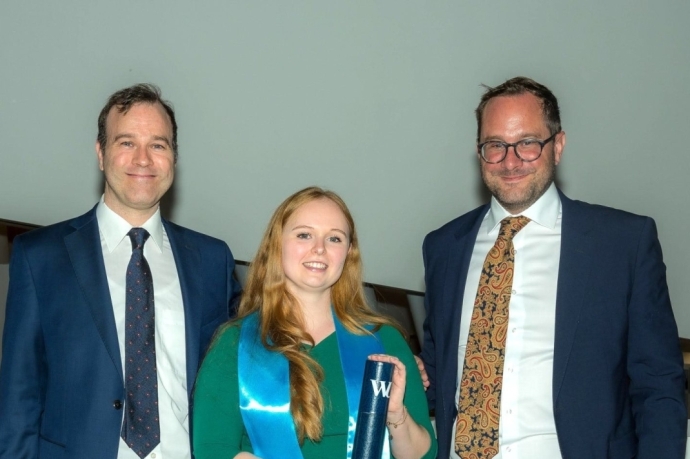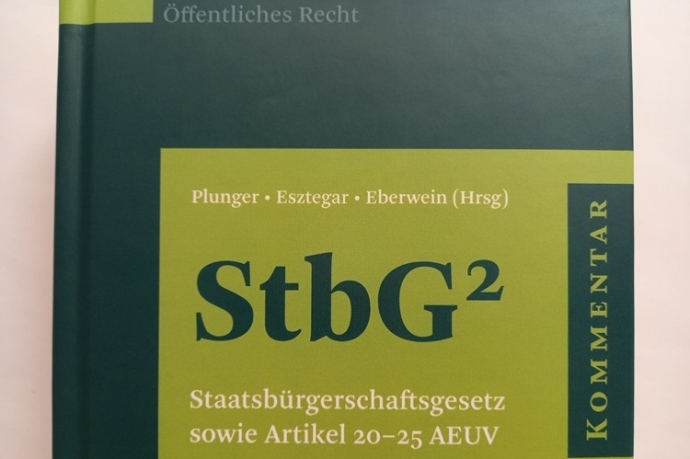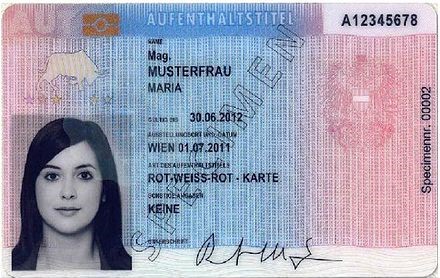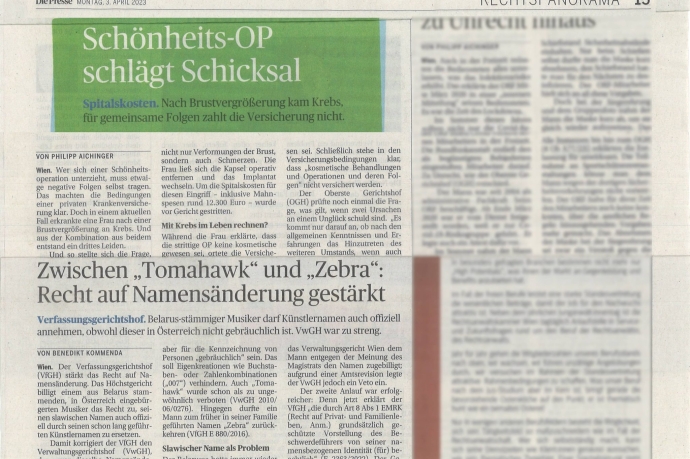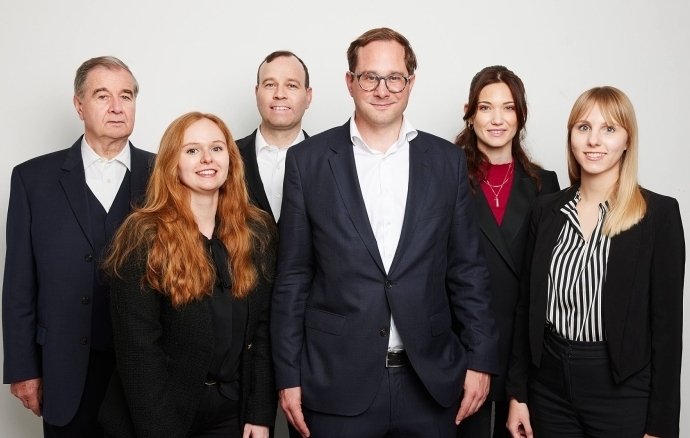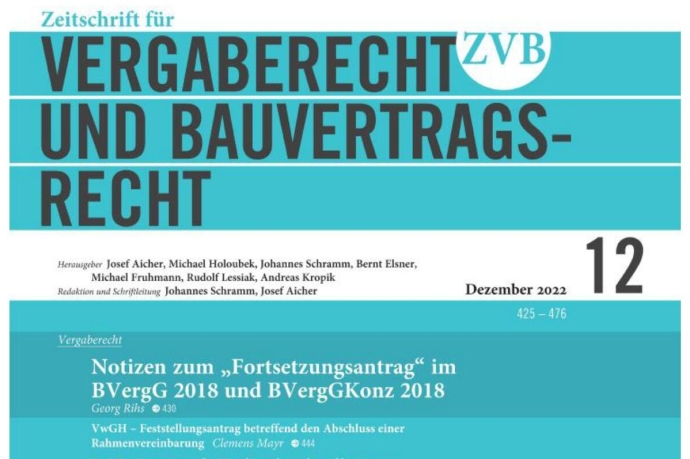We have taken the turn of the year as an opportunity to review the past year and to recall our team’s successes for our clients.
In order to provide an insight into our wide-ranging and varied activities in the field of public law, we present the most important successes without claiming to be exhaustive.
Tobacco Monopoly Act, Federal Public Procurement Act for Concessions (BVergGKonz 2018).
As a result of our determined intervention for legal certainty and legal protection, the Administrative Court pronounced in 2021 that the Federal Public Procurement Act for Concessions (BVergGKonz) is applicable to the award of tobacco concessions. This landmark decision had (and has) serious consequences for the tobacco monopoly in Austria.
As a result of this decision, we are continuously conducting continued declaratory proceedings under the BVergGKonz 2018 before the Federal Administrative Court and the Constitutional and Administrative Court.
In its ruling of 21 July 2022, Ro 2020/04/0013, the Supreme Administrative Court confirmed our legal position in declaratory proceedings concerning what we consider to be the arbitrary revocation of an invitation to tender and restricted the scope for decision-making by Monopolverwaltung GmbH (MVG) in award procedures, in this case in connection with the revocation of an invitation to tender. In its ruling, the Administrative Court made binding statements on the interpretation of the Tobacco Monopoly Act 1996 (TabMG 1996). We have thus made a further contribution to legal development and certainty, as well as to legal protection in this sensitive area.
In the future, we will continue to vehemently oppose arbitrariness and lack of transparency in the area of the tobacco monopoly!
Civil Service Law
We were able to achieve a very satisfactory result for our client in one, long-standing civil service law case, which had already started in 2017.
With the ruling of 12 July 2022, W246 2210671-1, and W246 2210671-2, the Federal Administrative Court confirmed the application for the correct classification of our client in terms of salary law in the salary scale.
The subject matter of the proceedings was the classification of our client under salary law. Through our representation, we were able to achieve a correct classification for our client by the Federal Administrative Court. The service authority had to pay the difference to make up for the successfully challenged classification. At the same time, we were also able to obtain a statement from the Federal Administrative Court in favor of our client on the preliminary question of permanent service assignment under service law.
Construction Law
In the first quarter we obtained for our client before the Administrative Court the annulment of an order to stop a demolition before the Administrative Court.
The client had started the demolition of a house in Vienna, which had been built before 1 January 1945. With the amendment LGBl 37/2018 to the Building Code for Vienna, the demolition of buildings erected before 1 January 1945 was made subject to a permit requirement. The demolition had been notified as a notifiable measure even before the amendment to the BO f. Vienna came into force. The Viennese building authority (Magistratsabteilung 37) prohibited the demolition by a client after the amendment of the Building Code (BO) for Vienna. The Administrative Court of Vienna confirmed the prohibition notice.
We represented our client up to the Administrative Court. By decision of 15 February 2022, Ra 2020/05/0006, the Administrative Court upheld our appeal and overturned the prohibition notice.
A company had set up quarters for workers on the ground floor of a newly renovated house mainly inhabited by families. The building applicant only reported the structural adaptations in order to circumvent the obligation to obtain a permit and the right of consent of the co-owners.
We successfully represented a number of co-owners and applied for a declaration that the company was obliged to obtain a construction permit and that our clients were parties to the proceedings for the construction permit. In its decision of 23 November 2022, VGW-111/093/7563/2022-22 et al., the Vienna Administrative Court ruled in our favor and stated that the essential construction measures, in particular the change of dedication as a residential quarter, would have been subject to approval.
Settlement law/foreigners’ law/asylum law
In particular, our team successfully assisted numerous clients in the areas of settlement law, residence law, aliens law and citizenship law in its usual experienced manner.
In 2022, we assisted 68 clients in obtaining or extending a residence title in Austria.
In the area of citizenship, we helped 27 clients to enforce a claim for the granting of Austrian citizenship or for the granting of citizenship by notification (Section 58c StbG) for descendants of Nazi persecutees.
We have also not shied away from challenging negative first-instance decisions before the administrative courts and can look back with satisfaction on numerous administrative court decisions in favor of our clients in the past year.
We also have notable successes to our credit before the Supreme Administrative Court in 2022, and in 2022 for example
We consider the lifting of an eight-year entry ban by the Federal Administrative Court shortly before the turn of the year to be a particular success. The complainant, whom we successfully represented, has lived in Austria for decades, is married and has to care for 3 small children. The complainant is currently serving a criminal sentence. Based on our intervention, our position and representation at the hearing, the Federal Administrative Court judged the integration in Austria and the responsibility for the family living in Austria to be more important than the delinquency upon balancing the interests and applying a proportionality test. Deportation of the father and guardian of the family would have had an existential impact on the entire family.
We have also successfully represented clients in numerous administrative criminal proceedings and obtained the termination of the administrative criminal proceedings.
We are happy to share our joy about the successes on our website, so that you can inform yourself about our activities. For eleven years now, we have been working tirelessly and with dedication for our clients.
We would like to thank our clients for their trust and the outstanding commitment of our staff! The picture shows our team, consisting of Dr. Erich Rihs; Michelle Pfeiffer, LL.B. (WU); Erich Rihs, BA; Dr. Georg Rihs; Hannah Scheiring and Sophie Bachner (from left to right).
Please contact us if you have any questions regarding our offers and services. We would be happy to provide you with our expertise and experience to enforce your legal interests.

